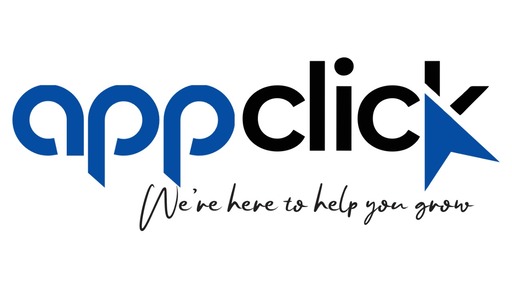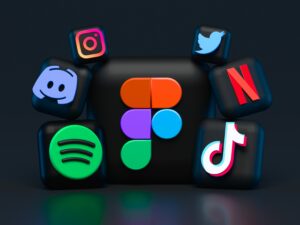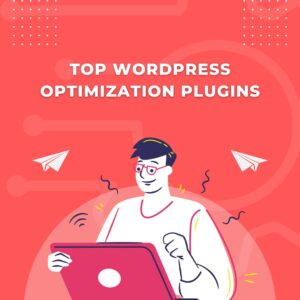Digital marketing methods are slowly replacing traditional marketing techniques because of today’s technologically driven society. Businesses hoping to succeed in the internet space now depend heavily on digital marketing. However, what is digital marketing exactly, and why is it so supreme? Let’s explore this exciting and constantly changing field.
What is Digital Marketing?
Using websites, apps, mobile devices, social media, search engines, and other digital tools to market & sell goods & services. Digital marketing is frequently seen as an extra tool for businesses to reach customers & comprehend their behaviour. And it incorporates many of the same concepts as traditional marketing. Traditional and digital marketing strategies are frequently combined by businesses. However, internet marketing has its own unique set of difficulties. In the 1990s, as the internet became more widely used, digital marketing began to gain popularity.
Types of Digital Marketing
Search Engine Optimization (SEO): A website can increase its visibility in search engines like
Google through the use of SEO (search engine optimisation) techniques, and this will lead to an increase in organic traffic. The goal of SEO is to meet consumers’ search needs by creating excellent, relevant content & provide the best user experience.
Content Marketing: Content marketing is focused on creating and spreading useful, current knowledge. Content can be shared on websites, in articles, podcasts, films, infographics, and other forms. Creating thought leadership, building trust, and eventually motivating profitable consumer action are the objectives.
Social Media Marketing: Social media marketing, sometimes referred to as e-marketing, is the process of using social media platforms where people create social networks and exchange information to enhance a business’s online visibility, boost sales, and improve website traffic. Social media sites like LinkedIn, Facebook, Instagram, Twitter, & and others provide businesses with effective ways to engage with their target market.
Email marketing: For nurturing leads and converting prospects into customers, email marketing is still one of the best digital marketing platforms. Email marketing efforts can include automatic drip campaigns, personalized follow-ups, newsletters, and promotional offers.
Pay-Per-Click (PPC) Advertising: With PPC advertising, companies can put bids to have their ads shown on search engines and other directory sites. Every time an ad clicked on, advertisers are charged a fee. Google Ads (previously known AdWords), Bing Ads, and social media advertising choices like Facebook Ads and LinkedIn Ads are a few well-known PPC systems.
Influencer Marketing: Influencer marketing involves working with people who are recognised as powerful in a certain field. By utilizing the influencer’s reach and trustworthiness, brands work with them to market their goods and services to their target audience.
Why Digital Marketing Matters
Global access: Digital advertising allows groups to connect with a global audience, reducing geographic boundaries and expanding their reach.
Targeted Advertising: With E marketing, businesses can target specific demographics, interests, behaviours, & locations with precision, ensuring that marketing messages reach the right audience at the right time.
Cost-Effectiveness: Digital marketing is a less costly choice to reach a wide audience that conventional advertising mediums like television or newspapers. Companies are able to track the success of their initiatives in real time and allocate assets more efficiently.
Engagement and Interaction: Digital marketing channels foster two-way communication between businesses and consumers, allowing for greater engagement, interaction, and feedback. This engagement builds brand loyalty and fosters long-term relationships with customers.
Measurable Effects: E marketing campaigns yield highly measurable results, which make it easy for businesses to properly track & evaluate the success of their advertising efforts. Based on real-time data, marketers can quickly modify their strategies in order to maximize return on investment and improve performance.
Conclusion:
Digital marketing is basically a combination of methods for connecting with, and gaining over online audiences. Online marketing offers countless opportunities. Creating interesting campaigns for social media, giving out targeted email campaigns, and optimising the content of websites for search engines. Understanding this dynamic constantly changing industry is not only helpful, but also necessary for companies hoping to succeed in the age of digital media.




